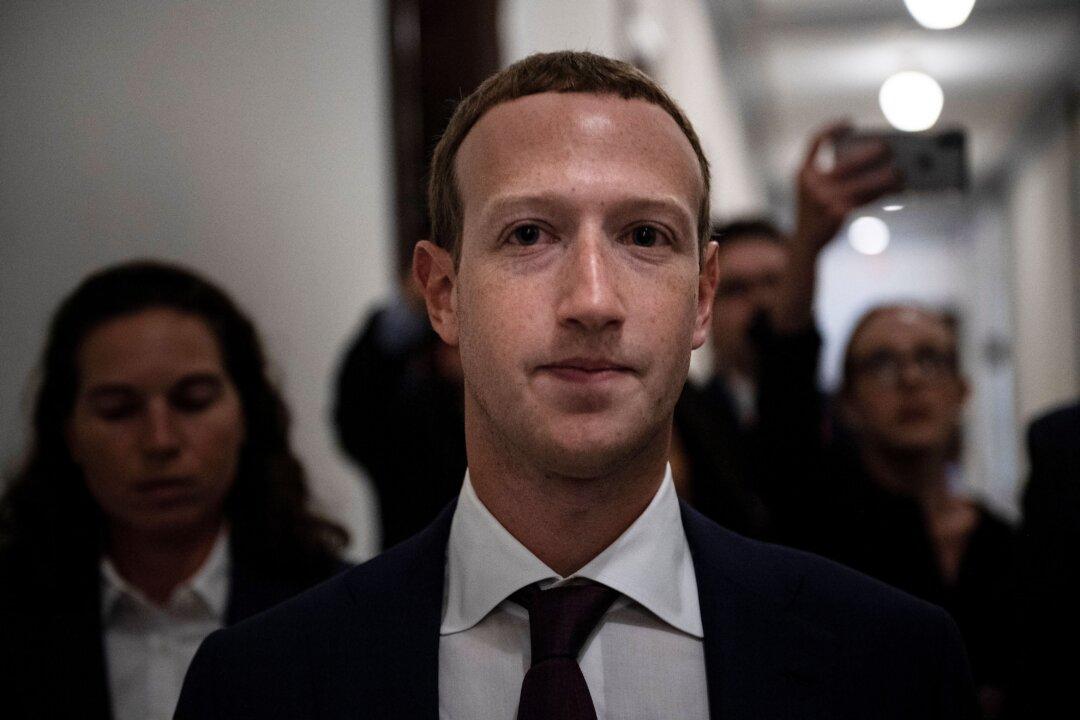Facebook Chief Executive Mark Zuckerberg acknowledged the company has a problem with political bias, according to Sen. Josh Hawley (R-Mo.), who spoke to Zuckerberg on Capitol Hill behind closed doors on Sept. 19.
Bias is “an issue we’ve struggled with for a long time,” Zuckerberg said, according to Hawley’s Sept. 19 Twitter post.





